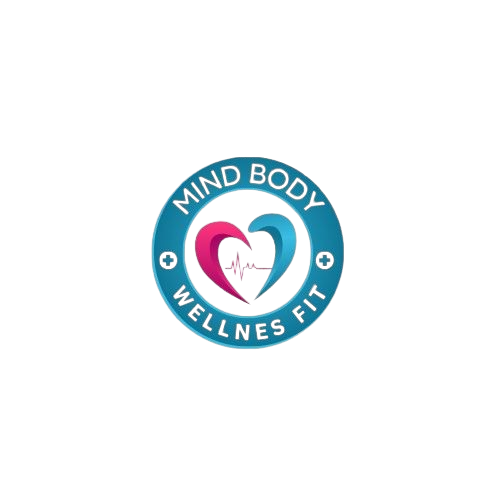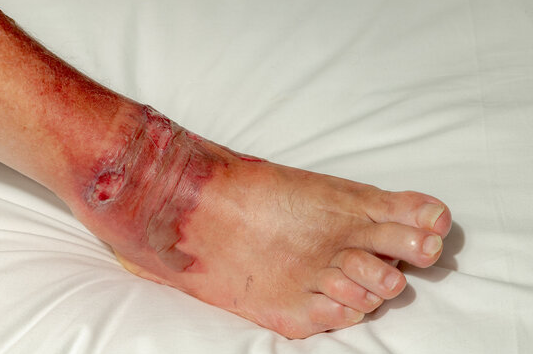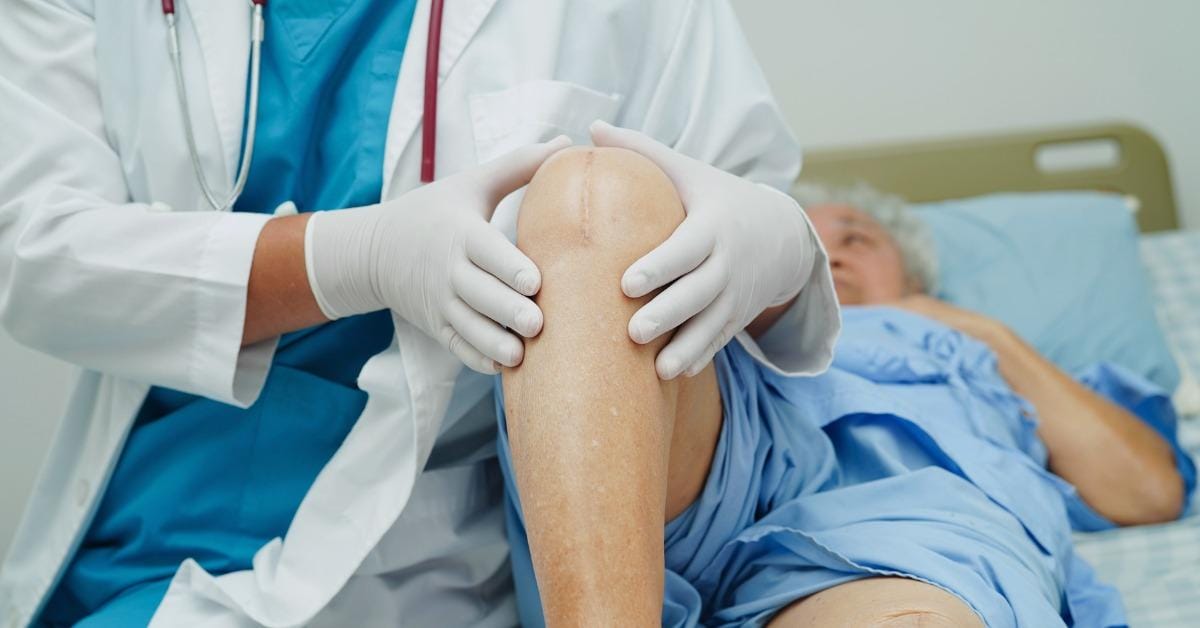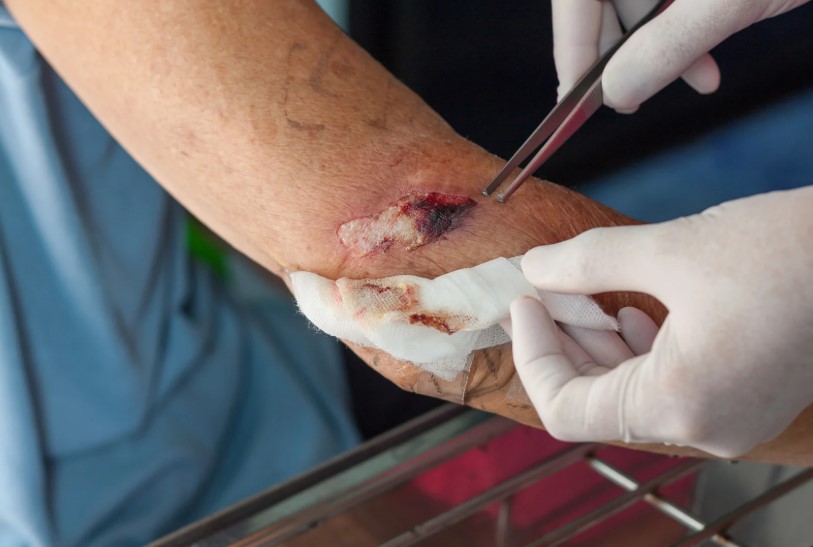Seeking medical attention from a skilled Wound Doctor can make the difference between a smooth recovery and a potentially life-threatening complication. A Wound Doctor specializes in assessing, treating, and preventing issues that arise when injuries fail to heal properly. Ignoring the warning signs of a serious wound can lead to infections, chronic pain, or even long-term disability. Kalingap Wound Care Clinic is recognized as one of the best providers for professional wound care, offering expert solutions for faster healing and long-term wellness.
Why Prompt Wound Care is Critical
Wounds that are left untreated or improperly managed can worsen over time. Bacteria may enter the injured area, causing infections that can spread to other parts of the body. A Wound Doctor uses advanced techniques to clean, monitor, and treat wounds, ensuring optimal healing. At Kalingap Wound Care Clinic, patients benefit from state-of-the-art equipment, personalized care plans, and experienced specialists who understand the urgency of proper wound treatment.
Top Signs You Need to See a Wound Doctor Immediately
1. Wound Not Healing After 2 Weeks
Minor cuts and scrapes should start to show improvement within days and heal completely within a couple of weeks. If a wound remains open or shows no signs of healing after 14 days, it could be a chronic wound. A Wound Doctor can identify underlying causes, such as poor circulation, infection, or diabetes, and recommend targeted treatments.
2. Increasing Pain or Swelling
While mild discomfort is normal at first, increasing pain or swelling is often a sign of infection or tissue damage. A Wound Doctor at Kalingap Wound Care Clinic will assess whether inflammation is part of the normal healing process or an indication of a more serious problem.
3. Redness, Warmth, or Streaks Spreading from the Wound
When redness extends beyond the wound edges or red streaks appear on the skin, it may mean the infection is spreading. A Wound Doctor can provide immediate intervention to stop the infection before it reaches the bloodstream, which could lead to sepsis.
4. Persistent or Excessive Discharge
Clear fluid is common during the early healing phase, but pus, foul-smelling drainage, or an unusual amount of fluid is a sign to seek medical help. A Wound Doctor can determine the cause and apply treatments that remove infection and promote proper drainage.
5. Fever or General Malaise
A fever or feeling unwell while having an open wound could indicate that bacteria have entered the bloodstream. A Wound Doctor will take urgent steps to control the infection and prevent severe complications.
6. Changes in Wound Color or Tissue Appearance
Healthy healing wounds typically have a pink or light red tissue base. If the wound turns black, gray, or has patches of dead tissue, it may be a sign of necrosis. A Wound Doctor at Kalingap Wound Care Clinic can perform debridement to remove dead tissue and restore healthy healing conditions.
7. Wounds in High-Risk Patients
People with diabetes, poor circulation, or a weakened immune system should seek a Wound Doctor’s help immediately, even for minor injuries. These conditions slow healing and increase the risk of severe infection.
8. Foreign Objects or Deep Puncture Wounds
Any wound caused by sharp objects, animal bites, or deep punctures should be evaluated quickly. A Wound Doctor will clean the wound thoroughly, remove debris, and provide tetanus shots or antibiotics if needed.
What a Wound Doctor Will Do
A Wound Doctor uses advanced diagnostics, such as wound cultures, imaging, and blood tests, to assess the extent of damage and detect infections. Treatments may include specialized dressings, negative pressure wound therapy, and targeted antibiotics. Kalingap Wound Care Clinic offers personalized wound management programs, ensuring that each patient receives the most effective approach to healing.
Prevention Tips to Avoid Wound Complications
- Clean wounds promptly with mild soap and water
- Apply appropriate dressings and change them regularly
- Maintain a balanced diet rich in protein, vitamins, and minerals
- Avoid smoking, as it slows wound healing
- Monitor wounds daily for signs of infection
Regular check-ups with a Wound Doctor, especially for high-risk patients, can catch complications early. Kalingap Wound Care Clinic also provides preventive care advice tailored to each patient’s needs.
Takeaway
Ignoring a wound that shows warning signs can lead to dangerous consequences. Consulting a qualified Wound Doctor ensures that your injury is treated effectively, minimizing the risk of infection and promoting faster recovery. Kalingap Wound Care Clinic stands out for its expertise, advanced technology, and compassionate patient care, making it the best choice for anyone who needs professional wound management.
FAQ
Q1: How long should I wait before seeing a Wound Doctor?
If your wound is not improving within a week or is getting worse, see a Wound Doctor immediately.
Q2: Can a wound heal on its own without medical care?
Some minor wounds can heal without medical intervention, but any signs of infection or delayed healing require a Wound Doctor’s attention.
Q3: What happens if an infected wound is not treated?
Untreated infections can spread, leading to serious conditions such as sepsis, which can be life-threatening.
Q4: Do I need a referral to see a Wound Doctor?
In most cases, you can directly book an appointment with a Wound Doctor at Kalingap Wound Care Clinic without a referral.
Q5: Are Wound Doctors only for severe wounds?
No, a Wound Doctor can also help with minor wounds that are slow to heal, preventing them from becoming serious.






